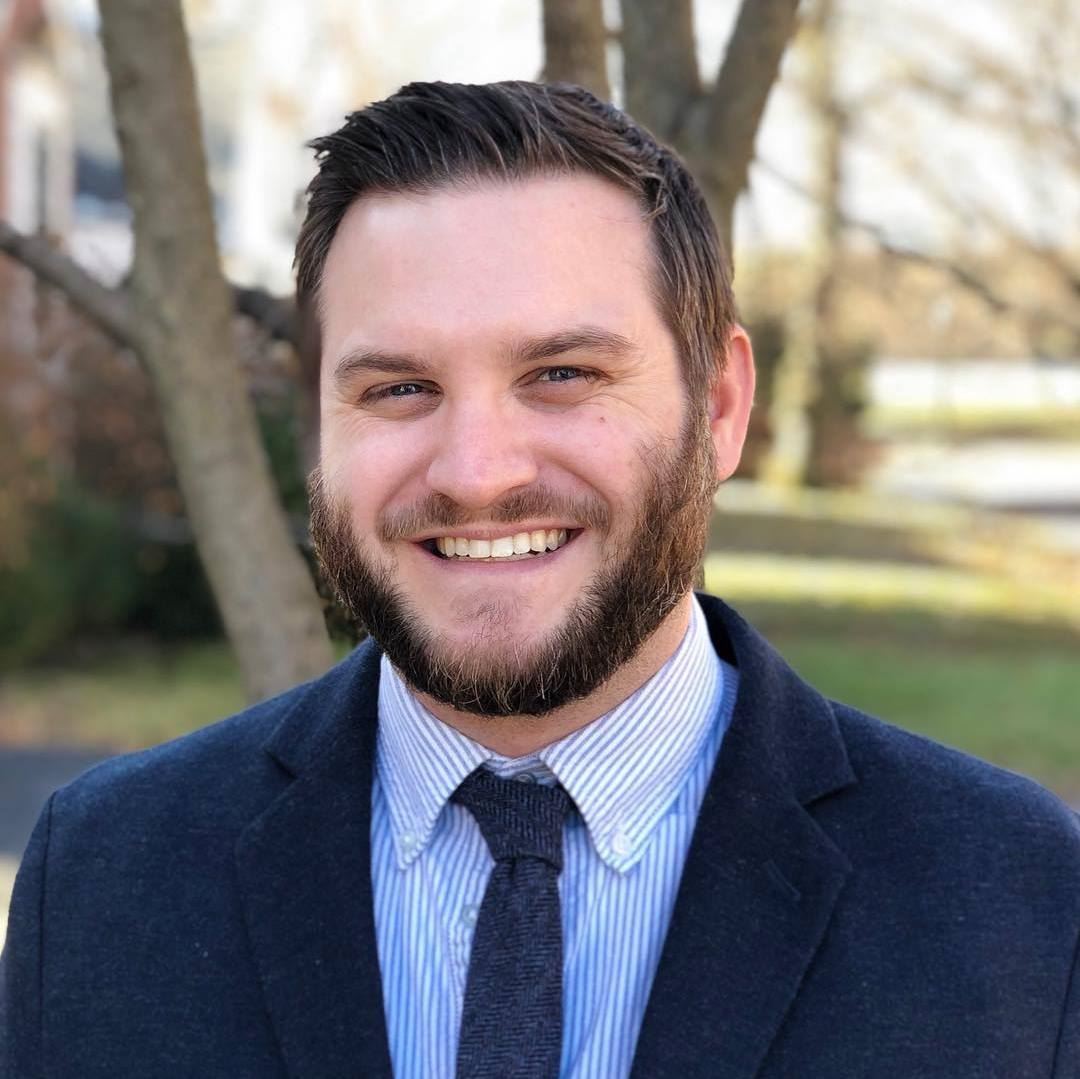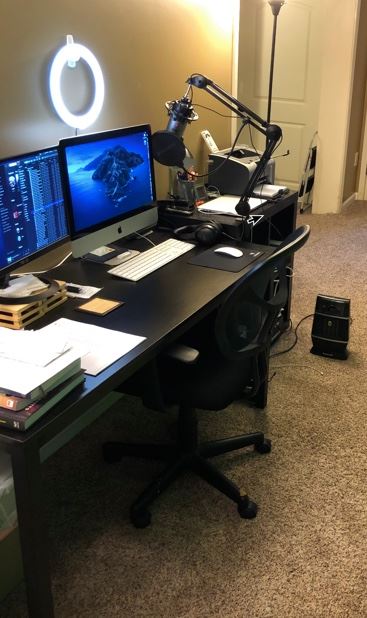 School name: Eureka College
School name: Eureka College
Type of school: Small liberal arts college (undergrad only)
School locale: Eureka, Illinois
Classes you teach: Oh, I teach a ton: General/Intro Psychology, Cognitive Psychology, Human Memory, Sensation & Perception, Learning Psychology, Social Psychology, Cognitive Neuroscience, Research Methods, Health Psychology, Biological Psychology, & History of Psychology
Average class size: about 25 (range is usually 15-35)
What’s the best advice about teaching you’ve ever received?
I think the best advice I have received is something along the lines of being yourself and being enthusiastic about the topic. The reason I teach so many courses is because I am really into each of those topics, and so my enthusiasm is a part of my approach, which is me being me. This carries over to my students, who are quite a bit more engaged when I’m animated and goofy. This is helping me a ton during the distance education/COVID pandemic, because I can just geek/nerd out on some of my favorite topics and still keep folks engaged hundreds of miles away.
What book or article has shaped your work as a psychology teacher?
I don’t think there is a book or article. I think my answer to this question is the Society itself. Being a part of STP has shaped my teaching considerably in the past several years. The brilliance and dedication of so many awesome teachers in this group makes me want to be a better one.
Briefly tell us about your favorite lecture topic or course to teach.
My favorite course to teach is Cognitive Psychology, as it is my specialization. Every class I get to share with students how their minds work, and importantly apply it to their daily lives. Why do we miss little details in our environments? We don’t have the capacity for such nuance if it doesn’t impact our survival! Little things like this are crucial for explaining the black box of cognition has relevance to everyone and their daily experiences.
Briefly describe a favorite assignment or in-class activity.
In General Psych, I play a variation of Let’s Make a Deal with my students. I ask them to wear costumes per the original idea of the game, and we go through the Monty Hall problem several times. I use this class activity to illustrate event probabilities are usually connected, but also there’s no sense in sticking to your first gut intuition if it’s going to be wrong!
What teaching and learning techniques work best for you?
I generally use a combination of lecture and active learning strategies. Each class I try to have some direct action performed by students, whether it be a demo (just yesterday I tried to get my distance students to try an echo location task and said they should put it on social media), or a scale, or a group chat.
 What’s your workspace like?
What’s your workspace like?
My current distance learning workspace is my basement office. I have a long desk/table that fits two monitors. Behind me is a large piece of carboard with a green screen sheet draped over it. My mic for livestream classes is a Blue Yeti connected to a shock mount and boom arm (this was mainly created for my podcast).
Three words that best describe your teaching style.
Jokes, trivia, animated
What is your teaching philosophy in 8 words or fewer?
Trust me, psychology is a fun science!
Tell us about a teaching disaster (or embarrassment) you’ve had and how you dealt with the situation.
To apply this to our current online education struggles during a pandemic, I was embarrassed the other day when online trolls found my public stream on Twitch and began to harass me and my class in the chat. I had to pause mid-discussion to deal with a minutes-long onslaught, using my moderation tools to ban them. I was able to learn from this event, though. Twitch features followers-only chat, so that helps mitigate the threat. The stream is public, but chat requires a few extra steps. It is similar to the stories I hear about Zoombombing—I wish my friends and colleagues the best of luck in their online teaching endeavors!
What is something your students would be surprised to learn about you?
That I didn’t start out as a psychology major in college. I tell this to some students if they ask about my academic journey, but most students don’t actually know this.
What are you currently reading for pleasure?
I currently can’t read for pleasure. I watch things for pleasure. Lots of TV, movies, and YouTube.
What tech tool could you not live without?
Adobe CC. It fuels my hobby, podcasting, and it is currently my online teaching lifeline (e.g., Premiere Pro, Photoshop, Audition).
What is your hallway chatter like? What do you talk to colleagues about most (whether or not it is related to teaching/school)?
Mostly random things; family/home life; vacation plans; search committees and progress.
